Artificial Intelligence (AI) is making a profound impact on the healthcare industry worldwide. By enhancing diagnostics, improving patient care, and optimizing hospital operations, AI is revolutionizing the way healthcare is delivered. This article explores the key areas where AI is transforming healthcare and the benefits it brings.
1. Improved Diagnostic Accuracy
AI algorithms analyze medical data such as images, lab results, and patient histories to assist doctors in diagnosing diseases more accurately. For example, AI-powered tools can detect cancers in imaging scans earlier than human radiologists, leading to timely treatment and better patient outcomes.
2. Enhanced Patient Care and Personalized Medicine
AI enables healthcare providers to tailor treatments based on individual patient data, including genetics, lifestyle, and medical history. This personalized approach increases the effectiveness of therapies and reduces the risk of adverse reactions.
3. Increased Efficiency in Healthcare Delivery
AI automates repetitive tasks such as data entry, appointment scheduling, and billing. This automation frees up healthcare workers’ time, allowing them to focus more on patient care and improving overall operational efficiency.
4. Remote Monitoring and Telehealth Expansion
With AI-powered wearable devices and telemedicine platforms, patients can be monitored in real-time from home. This reduces hospital visits and allows for early detection of health issues, especially for chronic disease management.
5. Accelerated Drug Discovery and Development
AI speeds up the process of identifying potential drug candidates and predicting their efficacy and side effects. This reduces the time and cost involved in bringing new medicines to market, potentially saving lives.
6. Predictive Analytics for Public Health
AI analyzes large datasets to predict disease outbreaks, patient admission trends, and resource needs. This helps healthcare systems prepare better and allocate resources efficiently during health crises, such as pandemics.
7. Support for Medical Professionals
AI-driven decision support systems provide clinicians with evidence-based recommendations, helping them make informed choices. This reduces errors and enhances the quality of care delivered.
8. Cost Reduction
By optimizing hospital workflows, reducing unnecessary tests, and enabling preventive care, AI contributes to lowering healthcare costs, making quality care more accessible.
Challenges and Considerations
While AI has many benefits, its impact depends on responsible implementation. Privacy concerns, data security, and ethical issues must be addressed to ensure patient trust. Additionally, AI should complement healthcare professionals rather than replace them.
Conclusion
The impact of AI in healthcare is transformative and far-reaching. It improves diagnostic accuracy, personalizes patient care, increases operational efficiency, and accelerates research. As technology advances, AI will continue to play a critical role in shaping the future of healthcare, making it more effective, accessible, and patient-centered.


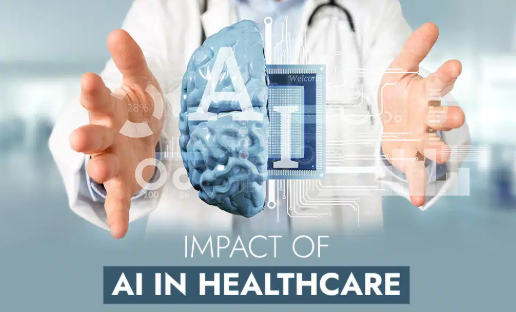
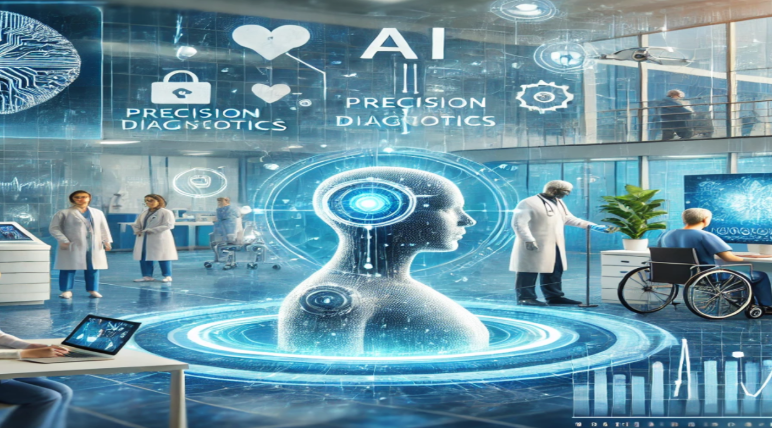
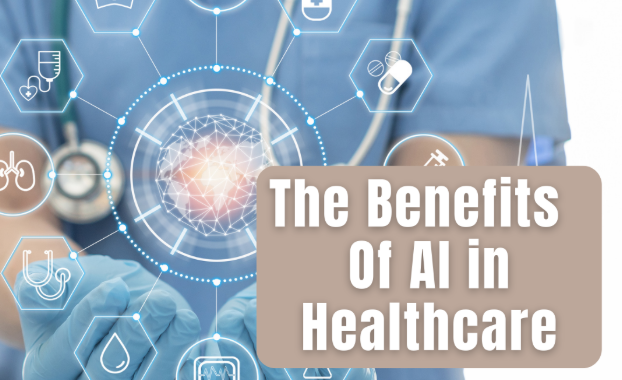
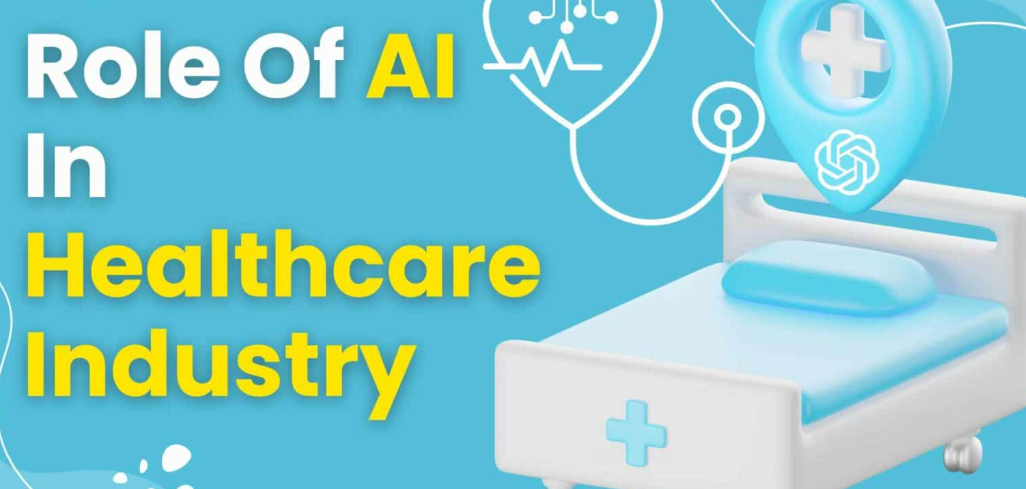
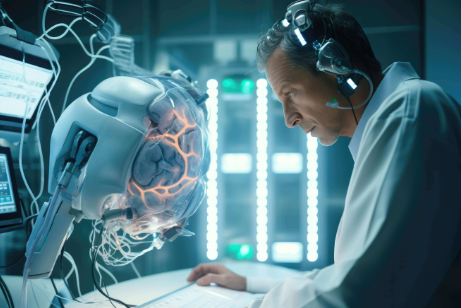
Leave feedback about this